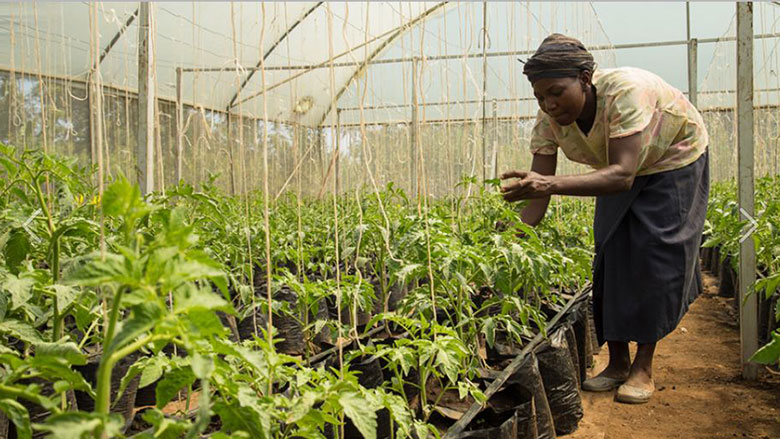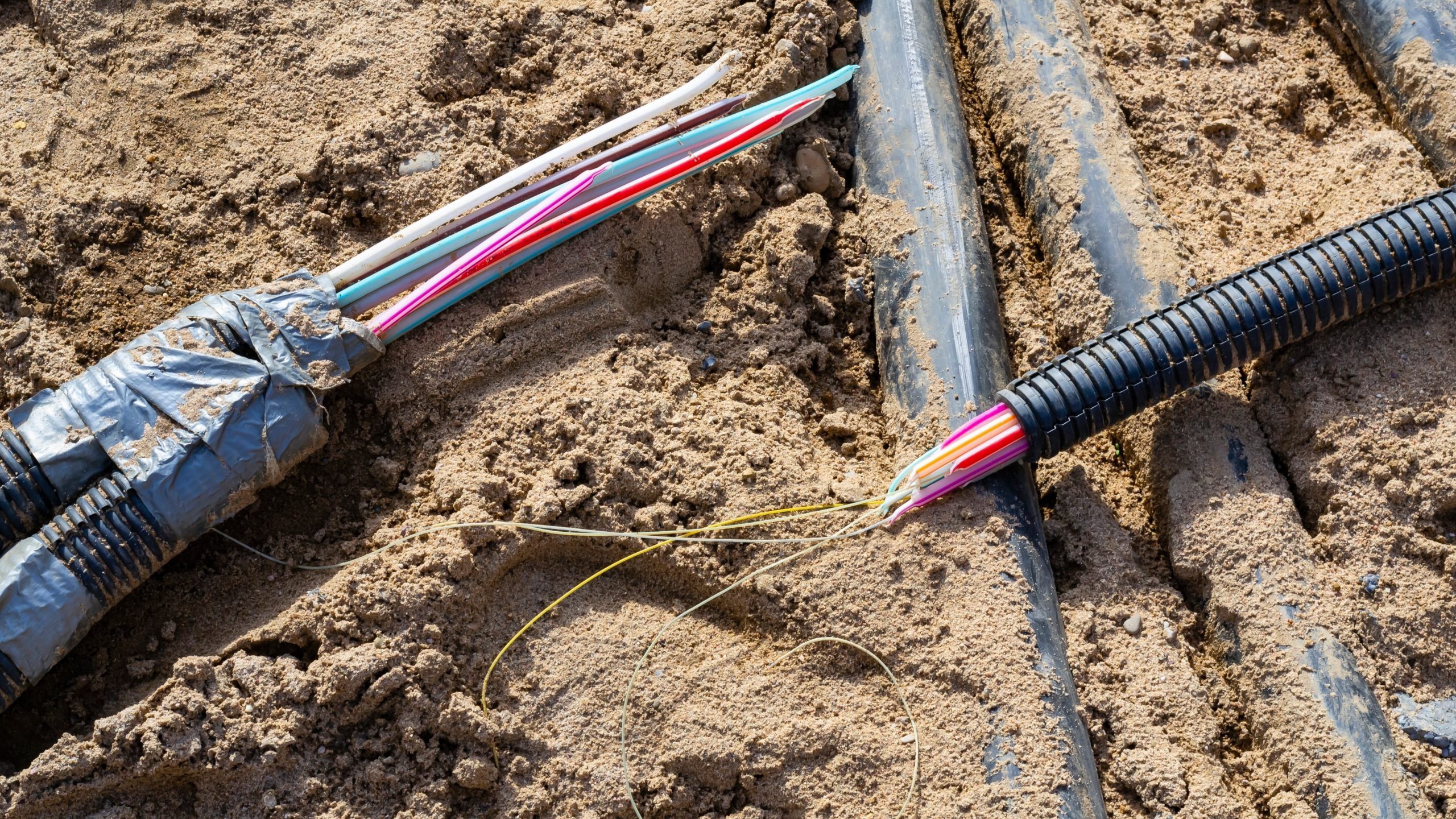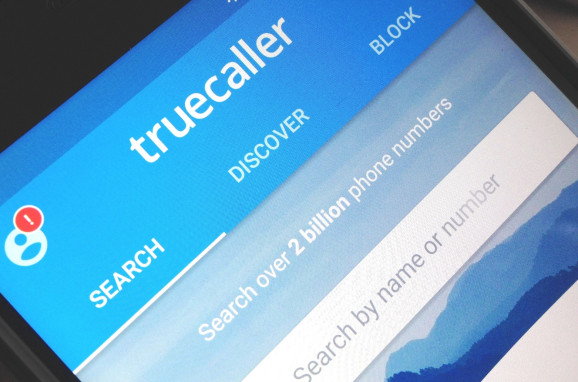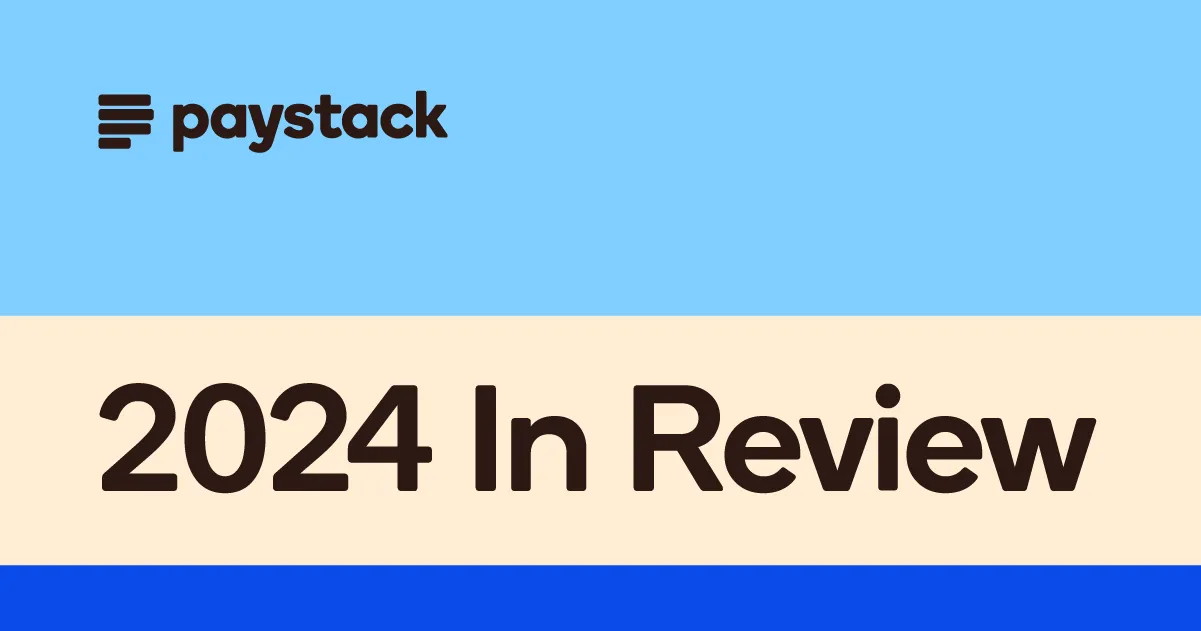- 👨🏿🚀TC Daily
- Posts
- Japan keeps yenning for Africa
Japan keeps yenning for Africa
Inside: NIGCOMSAT targets $5.2 million revenue.


Happy new week. ☀️
We know it’s Monday and motivational quotes are everywhere you turn, but if you’re looking to chill after today’s grind and are uncertain of what to watch, Netflix has introduced a new AI chatbot that can make recommendations for you. Just type in what you’re in the mood to watch and the AI chatbot will sort you out.
In other news, after two years and four months of bringing you your daily dose of African tech news, today’s my final sign-off. It’s been a joy digging up stories for you alongside the incredible newsletter team. Now, I’m joining the ranks of loyal readers—just like you—eagerly waiting to see what Emmanuel, Yemi, Ife, and the rest of the newsroom cook up next.
Ciao for now!
– Faith

Funding
Japan's Degas Limited makes a $100 million investment in Ghana

It looks like Japan opened the floodgates last week and went gung ho about Africa.
After launching a VC fund and agreeing a $169 million electric vehicle (EV) financing deal in Kenya, Japan also opened its purse in Ghana.
Degas Limited, a Tokyo-based agri-fintech company, pledged to invest $100 million over the next four years to build an AI-powered agricultural hub in Ghana. The hub will span 122,000 acres of space where maize, rice, and soy will be grown alongside facilities for storage and processing.
The AI-powered hub will connect farmers with credit, seeds, fertilizer, and transport, and track crops from planting to market. It will cut waste and raise yields in a country where farming employs over a third of the people but is often held back by poor storage, bad roads, and reliance on rain. Smallholder farmers in particular struggle to get loans or move produce quickly enough to avoid spoilage.
Why this is a big deal: Ghana's President John Mahama is backing the project, calling it part of his push to make farming less vulnerable and more profitable. Ghana has long wanted to bring more private capital into agriculture, but weak supply chains and lack of trust between banks and farmers have slowed that down.
The big picture: Degas has worked with cocoa farmers, improved regenerative agricultural practices, and financed small-scale farmers in Ghana before, yet it hasn’t made similar bets elsewhere in Africa or Asia. This $100 million plan is its first big swing, and it may show whether Ghana can be a launchpad for Japanese agri-investment across the continent.
eCommerce Without Borders: Get Paid Faster Worldwide

Whether you sell in Lagos or Nairobi, customers want local ways to pay. Let shoppers check out in their local currency, using cards, bank transfers, or mobile money. Set up seamless payments for your global online store with Fincra today.
Telecoms
How roadworks are knocking off MTN Nigeria’s network

If you’ve noticed that your internet suddenly disappears or your network service randomly becomes unavailable, here’s why.
Between January and July 2025, MTN Nigeria reported that it has suffered over 5,400 fibre optic cable cuts, with 760 cuts occurring in July alone. Things went berserk in June with over 1000 incidents.
The culprits? Road construction and vandalism. Over 60% of the cuts happen when states roll out new roads. Niger state alone is building over 500km of new roads and aims for 2,000km in four years; a plan that is good for transport systems, but bad for buried cables. I guess that is what happens when digital highways show up before actual highways.
The other headache is your usual suspects: vandals, who are either stealing or deliberately destroying the cables. Why? Your guess is as good as mine.
It’s not just an MTN problem. Airtel, Glo and 9Mobile have also reported severe disruptions in their network due to fibre cuts. The latest disruption happened in June, which affected nine Nigerian states. The Nigerian Communications Commission (NCC) says Nigeria now sees an average of 1,100 fibre cuts every week.
Zoom out: Nigeria still needs thousands of kilometres of new roads, but the fibre lines are already in the ground. The country needs both: better roads and stronger connectivity. If new roads and buried cables keep clashing, network outages will take a permanent place on TechCabal’s daily headlines. And until there’s a permanent fix, one will keep undoing the other.
Paga Engine powers the boldest ideas in Africa

You’ve got customers, but do you have the right infrastructure in place? Don’t let outdated systems hold you back. Paga Engine is the fintech backbone built for businesses like yours. Read the full article.
Companies
Truecaller claps back at POPIA allegations

Do you remember when Truecaller was accused of breaking South Africa’s data privacy law for false phone number blacklisting? You don’t?
Here’s a recap: Truecaller came under fire in South Africa after businesses complained that their numbers were unfairly flagged as spam. Some even accused the app of charging a steep fee of $590 a month just to whitelist them so that they can call their clients again. South Africa’s Information Regulator confirmed it was looking into whether this practice might breach the country’s data privacy law.
There’s more: Beyond blacklisting, privacy experts argue that the popular calling screening app may be violating South Africa’s Protection of Personal Information Act (POPIA). The regulator is concerned that the app feeds numbers from its users’ contact lists into its database.
Well, Truecaller has come out to say that’s not what’s happening at all.
Their defence: Truecaller insists that while the app does take permission to access your contacts, it doesn’t mean your entire address book is being uploaded to their servers. The company says it only checks whether an incoming call matches a number already saved in the users’ phonebook.
Why does this matter? If the regulator rules against Truecaller, it could be forced to overhaul how it operates in South Africa, including a change in its data practices or restricting certain features. This would affect people who rely on the app to stream spam callers. On the flip side, stricter enforcement could set standards for data protection in South Africa.
Even with Truecaller’s denial, the information regulator is still digging in, and the debate over privacy and consent is only just heating up.
Here’s what happened at Paystack in 2024!

See what Paystack built last year! From major product upgrades to new ways we supported African businesses. Check out our Year in Review →
Economy
NIGCOMSAT wants to earn $5.2 million from broadband in three years

Nigeria’s state-owned satellite company, NIGCOMSAT, wants a piece of the country’s broadband pie. On August 22, it announced plans to boost revenue by 8 billion Naira ($5.2 million) over the next three years by expanding its broadband services across the country.
The company is on a grand mission to leave behind its bad reputation as a ‘cost-incurring’ government-owned entity.
Why now? Broadband is currently the company’s most profitable service but only 7% of its capacity is currently put to use, with the remaining 93% still remaining idle.
NIGCOMSAT doesn’t want to sell directly to consumers. Instead, they are focused on becoming a service backbone that can work with internet service providers (ISPs) and enterprises to bring satellite broadband to schools, fintechs, health institutions, and government agencies in Nigeria and West Africa.
So what? Focusing on broadband services could support the Nigerian government’s ambitious plans to reach 70% broadband penetration by December 2025. Increasing broadband access is critical for supporting a digital economy that can contribute to Nigeria’s broader economic growth targets.
Zoom out: Just this year, operators like MTN and Globacom have invested $1 billion on broadband infrastructure but penetration still lags at about 49%. The on-ground broadband ecosystem also faces significant threats from theft and vandalism. NIGCOMSAT hopes its satellite infrastructure can ease the current burden, but other satellite players like Starlink are increasingly gaining ground in Nigeria.
CRYPTO TRACKER
The World Wide Web3
Source:

Coin Name | Current Value | Day | Month |
|---|---|---|---|
| $112,700 | - 2.07% | - 4.06% | |
| $4,718 | - 1.44% | + 25.77% | |
| $3.01 | - 1.20% | - 4.62% | |
| $207.51 | - 0.57% | + 11.53% |
* Data as of 06.00 AM WAT, August 25, 2025.
Job Openings
- Palmpay — Lead, User Growth — Lagos, Nigeria
- Squads Game — Product Manager — Hybrid (Lagos, Nigeria)
- Tuteria — Performance Marketing Specialist — Lagos, Nigeria
- Flourish Health — Crypto Marketing — Lagos, Nigeria
- Fairmoney — Growth Marketing Manager — Hybrid (Lagos, Nigeria)
- Busha — Senior Technical Product Manager — Hybrid (Lagos, Nigeria)
- Promasidor — Digital Marketing Specialist — Lagos, Nigeria
- Parcelhero — Senior Performance Marketing Manager — Remote (Lagos, Nigeria)
- Moniepoint — CRM Manager — Lagos, Nigeria
- Reliance Health — Product Manager (Clinical Services) — Remote (Lagos, Nigeria)
- Pharmarun — Growth Associate (B2B Sales - HMO Focus) — Lagos, Nigeria
There are more jobs on TechCabal’s job board. If you have job opportunities to share, please submit them at bit.ly/tcxjobs.

Written by: Emmanuel Nwosu, Opeyemi Kareem, and Ifeoluwa Aigbiniode
Edited by: Faith Omoniyi
Want more of TechCabal?
Sign up for our insightful newsletters on the business and economy of tech in Africa.
- The Next Wave: futuristic analysis of the business of tech in Africa.
- TC Scoops: breaking news from TechCabal
- TNW: Francophone Africa: insider insights and analysis of Francophone's tech ecosystem
P:S If you’re often missing TC Daily in your inbox, check your Promotions folder and move any edition of TC Daily from “Promotions” to your “Main” or “Primary” folder and TC Daily will always come to you.

How did you find today's edition of #TCDaily? |


